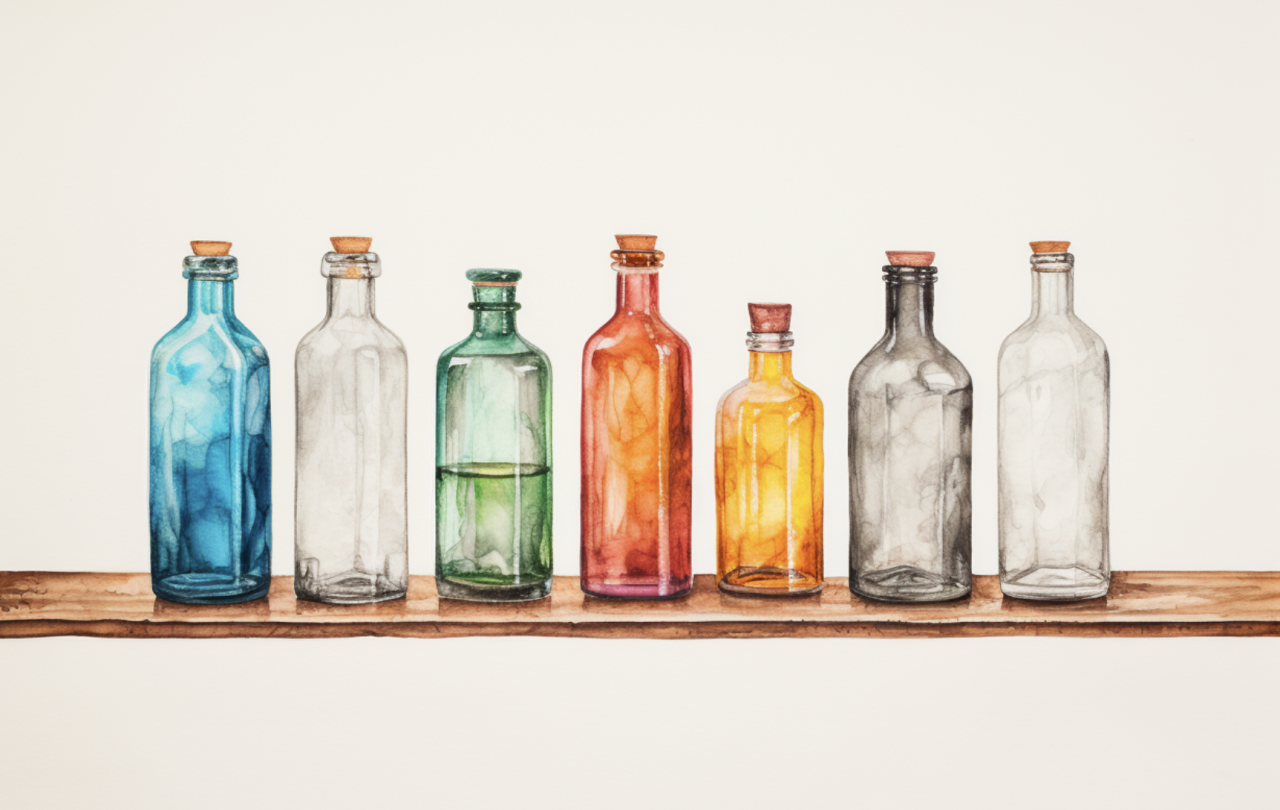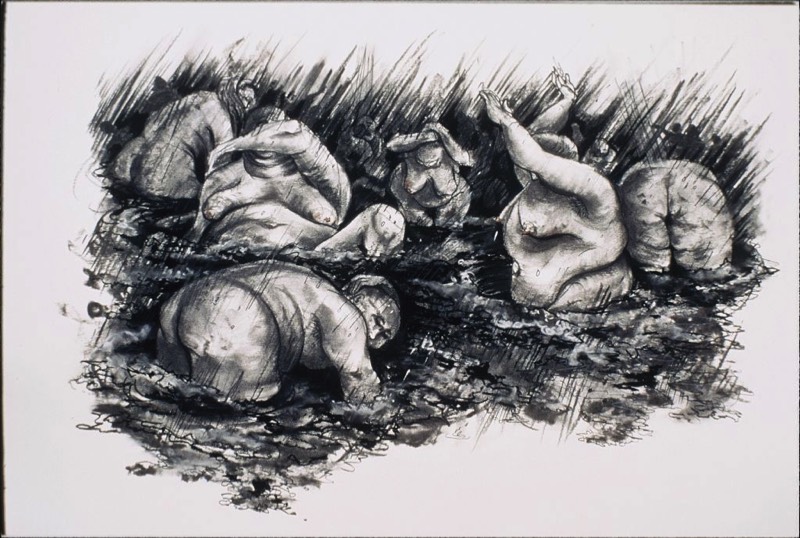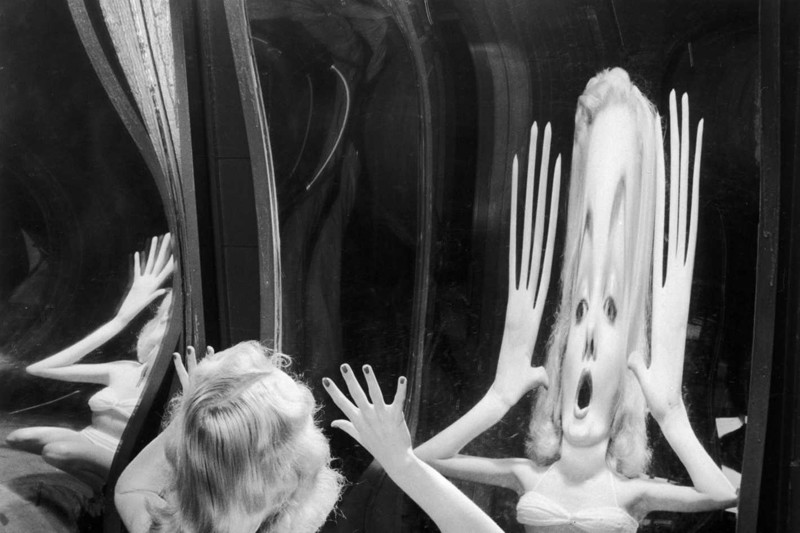
The Times caused a bit of a stir over the Easter weekend with an article entitled 'I’ll choose heroes rather than martyrs anyday.' The article linked Christianity’s fixation with suffering, climaxing with the crucifixion of Jesus, with the tendency in modern life to accord moral value to victimhood.
The article’s author, Matthew Parris, is a wonderful writer, always interesting and provocative, and often talks a lot of sense. He is absolutely right to resist the urge to elevate an often self-claimed victimhood as in itself giving moral power and authority. Being a victim of bad treatment doesn’t in itself make your moral cause right or wrong. It might simply mean being in the wrong place at the wrong time.
The problem with elevating victimhood, is that none of us are solely victims. Most of us can find some area of life where we have felt we have been badly treated, but if we’re honest, we can also find other parts where we have treated others badly too. Although it’s tempting to divide the world into villains and victims, oppressors and oppressed, it’s never quite as neat as that. Of course, some people, and some groups of people are definitely more sinned against than sinning; issues of real injustice matter and need urgent attention, but however true that is, none of us falls solely on one side or the other of that line. We are not all equally guilty or innocent. At the end of the day, we are all part villain and part victim.
Parris is also right that Christian art and literature tends to focus on suffering to an extent that jars with our modern sensibilities. I just don’t think he understands why. Because the more I’ve thought about the article, the more it seems to me to miss something essential about Christianity.
We Christians believe that the passion of Jesus – his death and resurrection – has saved the world. Yet, even though we often focus on the agony of Christ on the cross, or the sacrifices of the saints and martyrs, we don’t believe in the redemptive power of suffering in itself. Suffering was never part of the original plan. It is not suffering or victimhood that saves, but love. Divine love.
It is not the victimhood that conveys moral worth, but the kind of divine love that is so strong that even suffering will not knock it off course.
When Divine Love entered a broken and fallen world, it was always going to be messy. The love of God for the human race meant suffering for Jesus, but only because we humans have become such twisted, confused and blind creatures, that we failed to see that in Jesus, God himself was coming to us and we tried to kill him. Love may or may not lead you to become a victim (more often than not it does in a broken world) but it is not the victimhood that conveys moral worth, but the kind of divine love that is so strong that even suffering will not knock it off course.
Real, gritty, determined love, not the sentimental, starry-eyed kind we often think of, is so strong that it keeps going, even when there are real sacrifices to be made, losses to be endured, pain to be borne. That is divine love. That is the kind of love we saw on the cross of Jesus - the kind that compelled Jesus to take on the sin and suffering of the world to neutralise its power once and for all. It was love so strong that on the first Good Friday it stood alongside the victims of injustice and suffering, the countless, unknown people over the centuries who have been persecuted or executed unjustly. And yet it was also so scandalous that it could also reach out to the villains, the criminal on the cross next to Jesus, the soldiers who tortured him and say ‘Father forgive them, for they know not what they do.’ It is the kind of love that is so strong that not even death can stand in its way, as we saw on that first Easter Sunday.
That is why we Christians value suffering, especially that which is voluntarily borne. Not because it conveys the spurious moral high ground of victimhood but because it is a sure sign of love. It is why we have always venerated our martyrs – because their love for God was so strong that they would even give up their lives for him. It is why the early Christians chose the cross as the central symbol of their faith – because it was the unmistakeable sign of how deep and strong was the love of God for the human race, despite our thoughtlessness, cruelty and self-centredness. Being a victim meant very little to the early Christians, and they never played that card, because what mattered to them was not victimhood but love.
A recent story highlighted Catholic seminarians in Mexico who were willing to press ahead with getting ordained, even though 50 priests in the region have been murdered since 2006 for speaking out against the violence and damage done by the drug cartels which rule the roost in the local area. As a bishop, I have ordained many priests here in the UK. Not many of them will face that kind of danger, yet the calling is exactly the same – to love people in the name of Christ and to grow the community of people who follow him. Whether you end up getting killed or not, it is not the sacrifice, or the victimhood that gives value, it is the love that inspires the sacrifice.
What our world needs is not so much martyrs or heroes, but people committed to deep, passionate, determined love.
Instead of martyrs, Parris wants heroes. He plumps for Nietzsche’s vision of the powerful assertiveness of the minority, and his despising of weakness, pity and victimhood. Yet be careful what you wish for. If moral authority and rightness become a matter of who has the power to assert their will more strongly than the rest, what we end up with is just the kind will to domination, the competitive, contentious public space, the desire for power and influence for its own sake, the silencing of others, just because social media means you can, that is the blight of so much modern life.
What our world needs is not so much martyrs or heroes, but people committed to deep, passionate, determined love. Seeking the best and the good of your neighbour as much as yourself, whoever your neighbour happens to be, might mean you end up a hero, it might mean you end up a victim, but to love God and to love your neighbour – this is what lies at the heart of things.
That is the kind of love we celebrate every Easter in the story of Good Friday, leading through to Easter Sunday. It is that that lies at the heart of the Christian story, not victimhood. And that is why we need more true, deep Christian faith in our societies, not less.







